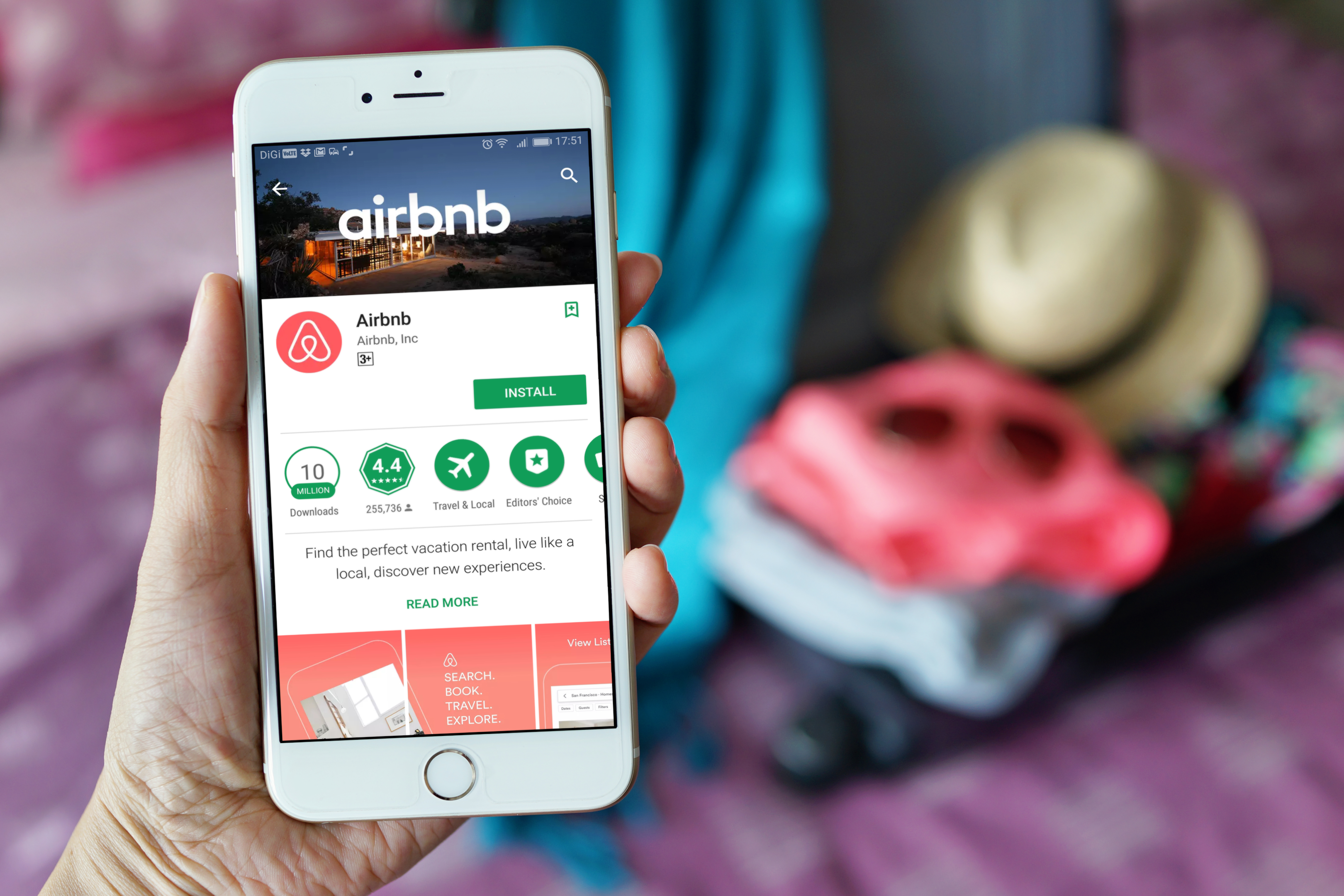What is a Short-Term Rental?


Short-term rental (or STR) refers to the practice of renting out a furnished property for short periods, usually less than six months. This can include apartments, vacation homes, or rooms in a shared space.
Short-term rentals have become increasingly popular in recent years due to the rise of online platforms that connect hosts with guests and because they can offer a range of benefits to both hosts and guests.
For hosts, short-term rentals can provide a lucrative source of income and enable them to make use of underutilized property.
For guests, short-term rentals can provide a more affordable and authentic alternative to traditional hotel stays, as well as more space and privacy.
However, short-term rentals have also sparked controversy in some cities, particularly in areas with high demand for housing. Critics argue that short-term rentals can drive up housing prices and exacerbate housing shortages by taking units off the market for long-term residents. In response, many cities have implemented regulations on short-term rentals, such as requiring hosts to obtain permits and limiting the number of nights a property can be rented.
Overall, short-term rentals are a growing trend in the hospitality industry, offering both opportunities and challenges for hosts, guests, and local communities.
The exact definition of an STR can vary depending on the context. In some cases, local regulations may specify a minimum or maximum rental period for short-term rentals. For example, some cities may define a short-term rental as a stay of less than 30 days, while others may require a minimum stay of three nights.

Which platforms facilitate short-term rentals?
The STR industry is booming, and as such there are several online platforms that facilitate short-term rentals, including:
- Airbnb: One of the largest and most well-known short-term rental platforms, Airbnb allows hosts to rent out their homes, apartments, or individual rooms to guests. The platform operates in over 220 countries and has more than 7 million listings.
- VRBO (Vacation Rental By Owner): VRBO is a vacation rental platform that allows property owners to rent out their homes, condos, cabins, and other properties to travelers. The platform has over 2 million listings in over 190 countries.
- HomeAway: HomeAway is another vacation rental platform that allows homeowners to rent out their properties to travelers. The platform has over 2 million listings in over 190 countries.
- Booking.com: While primarily known for hotel bookings, Booking.com also offers a selection of short-term rental properties, including apartments, vacation homes, and villas.
- TripAdvisor: In addition to reviews and information about hotels and attractions, TripAdvisor also offers a selection of short-term rental properties, including vacation homes, apartments, and villas.
These platforms connect hosts with guests and provide tools for managing bookings, payments, and communication. They also typically provide ratings and reviews to help guests make informed decisions about where to stay and offer support and dispute resolution services if issues arise during the rental period.
With iGMS, effortless vacation rental management is at your fingertips. Its intuitive platform handles bookings, guest communications, and team tasks efficiently. Ideal for solo hosts or large companies, iGMS transforms your rental operations while elevating the guest experience. Experience the iGMS difference.






![Your Monthly iGMS Roundup [February 2020]](/content/images/size/w600/wordpress/2020/02/igms-roundup-feb-2020-cover.png)

